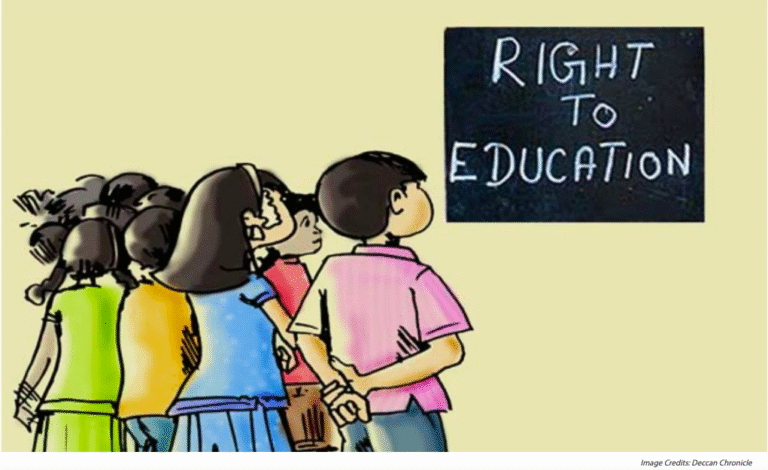GURGAON: Adjusting to the CBSE’s new pattern for board exams for classes 10 and 12 is testing schools, parents and students alike.
Besides the fact that the students will have to write at least four tests, including pre-boards, over the next four to five months, the big difference in the question patterns in Term 1 in November and the next term in March is what requires major adjustment. Educators concede making the transition is not easy.
While the next exam in November will be MCQ-based, Term 2 will be a traditional written test. However, teachers and schools took solace in the fact that unlike the last time, CBSE had laid out a roadmap about the evaluation process well in advance.
It was in July this year that CBSE had announced its decision to conduct two board exams this time. The board had recently issued a revised syllabus for Term 1, scheduled in November.
Apart from the two terms, there are internal tests, assessments and even projects that the students will have to clear. Teachers of some of the leading private schools in the city argued that since both the board exams were strikingly different in nature, they would have to spend most of the academic year making the students acquainted with the pattern. The teachers also pointed out that it’s been just weeks that students have started returning to classes after a year of online education.
“Having two terminal exams is not a challenge in itself. But given the fact that a lot has been happening in the schools to reintegrate students back to classroom-based learning, two board exams in a span of a few months will be a little tough. CBSE has reduced the syllabus, which is a welcome move. But with this pattern, the focus will be on preparing the students for the exams. Also, both the exams are of different patterns and training students will not be easy,” said Rashmi Malik, the principal of Salwan Public School.
According to an estimate prepared by a some schools, of the 195 to 210 working days in an academic year, 70 days will be spent on just writing the four exams. Additionally, over 30 days are likely to be spent on revisions and other such preparations in the run-up to the tests. “Two board exams would have been a great idea had there been no internal assessments in the form of unit tests, block tests and projects. Parents also insist on pre-boards. So, essentially, each student will be spending more than 65 days just on exams,” said Neena Kaul, the principal of Heritage Xperiential Learning Schools.
Parents admitted that the board had few options to choose from because of the constraints brought on by the pandemic, but highlighted that even this new formula would be stressful for students. “Students have just begun returning to classes after a year of learning from home. And then they too have suffered mentally and emotionally during the second wave of the pandemic as most families have lost some close ones. All this will add to their burden,” said Pradeep Rawat, the co-founder of Gurgaon Parents Association.
A few schools have, however, said this is the way forward and should be seen like that. “It will be a tough task. But we cannot ignore the fact that we are living in the most uncertain times. These decisions will give schools some roadmap about evaluation. CBSE is also releasing sample papers for the MCQ-based Term 1 and is helping train the teachers for that. We have to turn this into an opportunity to learn how to be always ready to adapt to uncertainties,” said Arti Chopra, the principal of Amity International School in Sector 46.
Some academics said CBSE had come up with the best possible formula in the current scenario. “The intention is to simplify things, keeping the pandemic in mind. The national education policy also suggests continuous assessments of students. The first time is always a little difficult,” said Francis Joseph, an educationist and co-founder of the School Leaders’ Network.
================
News & Education



